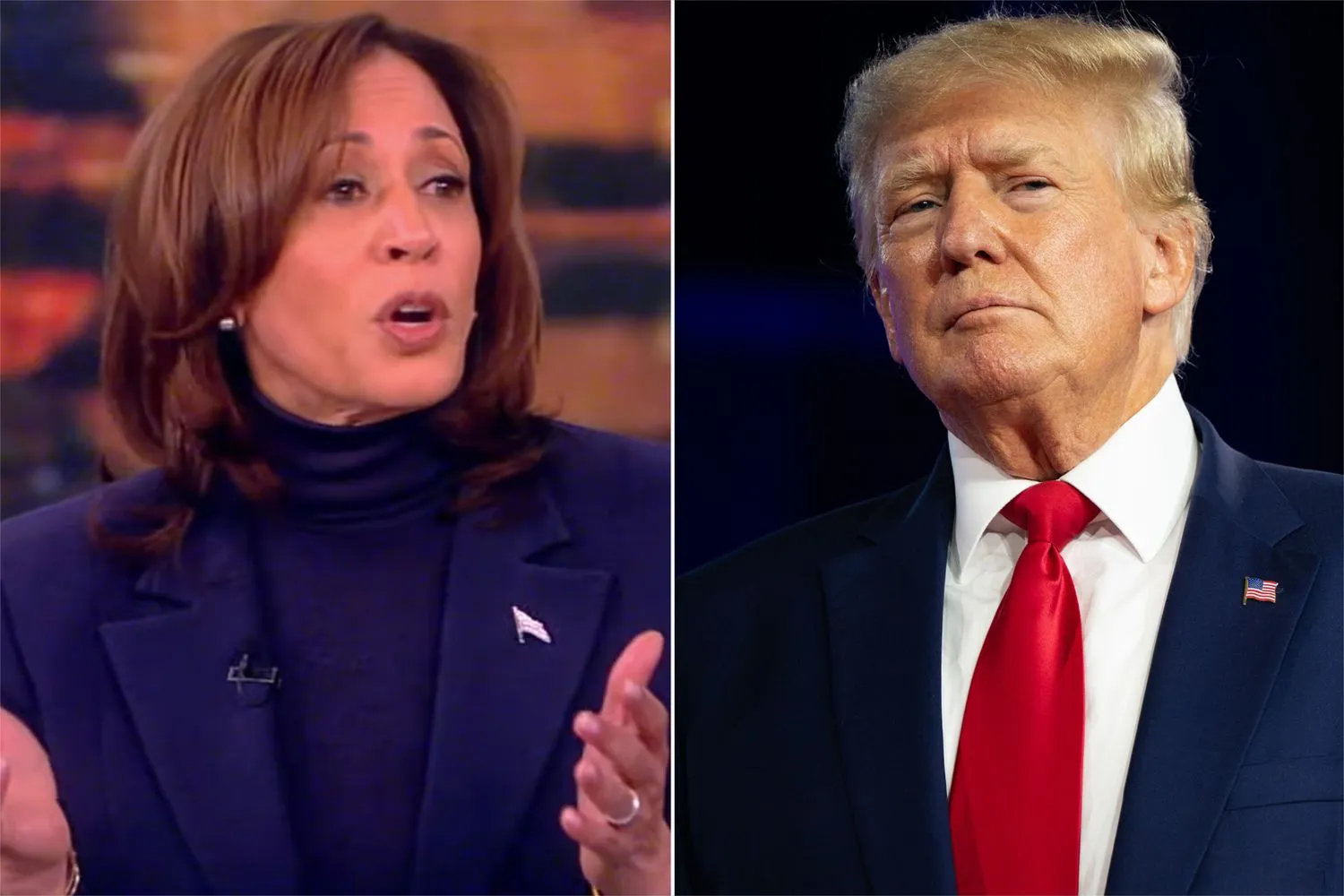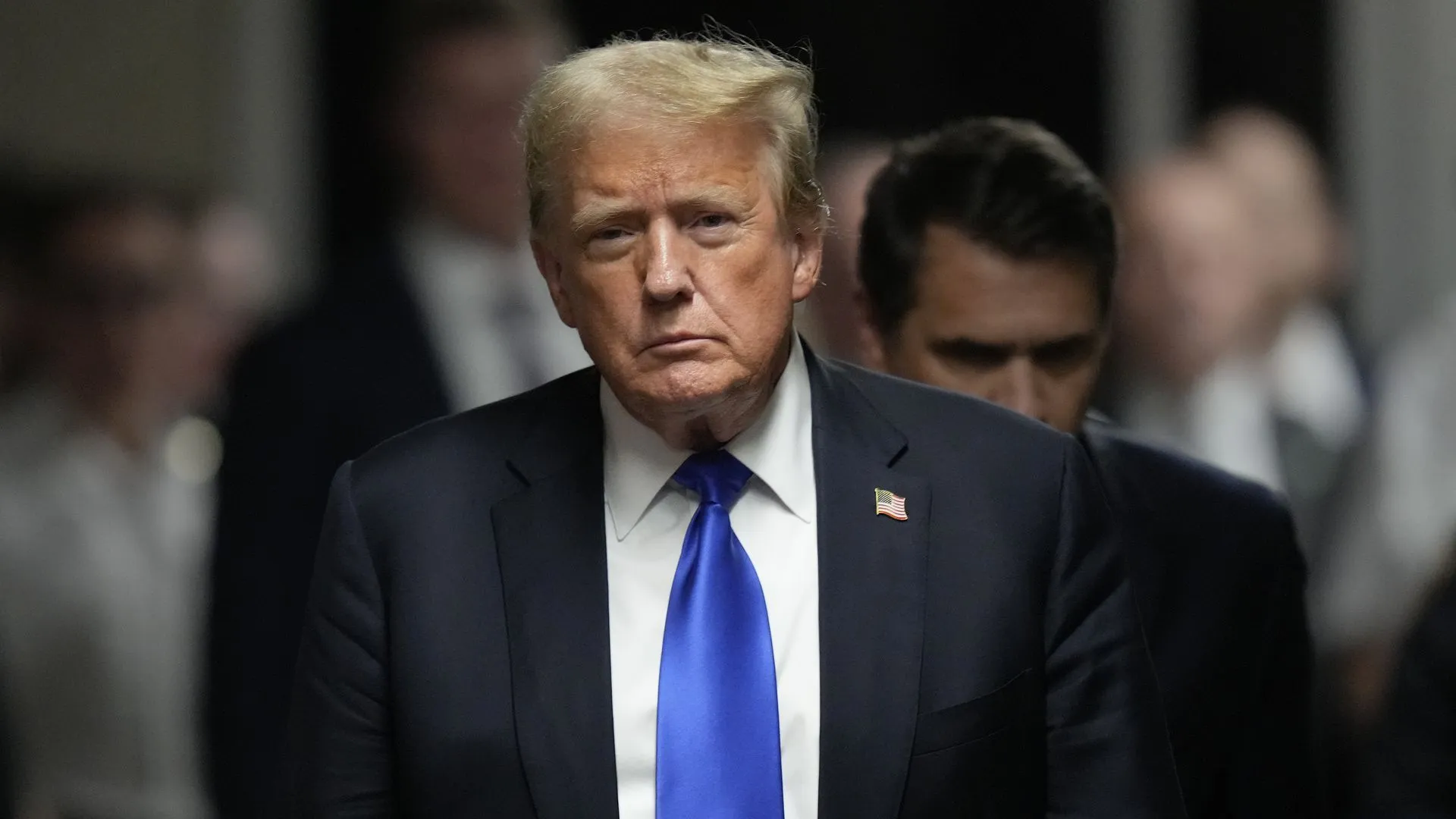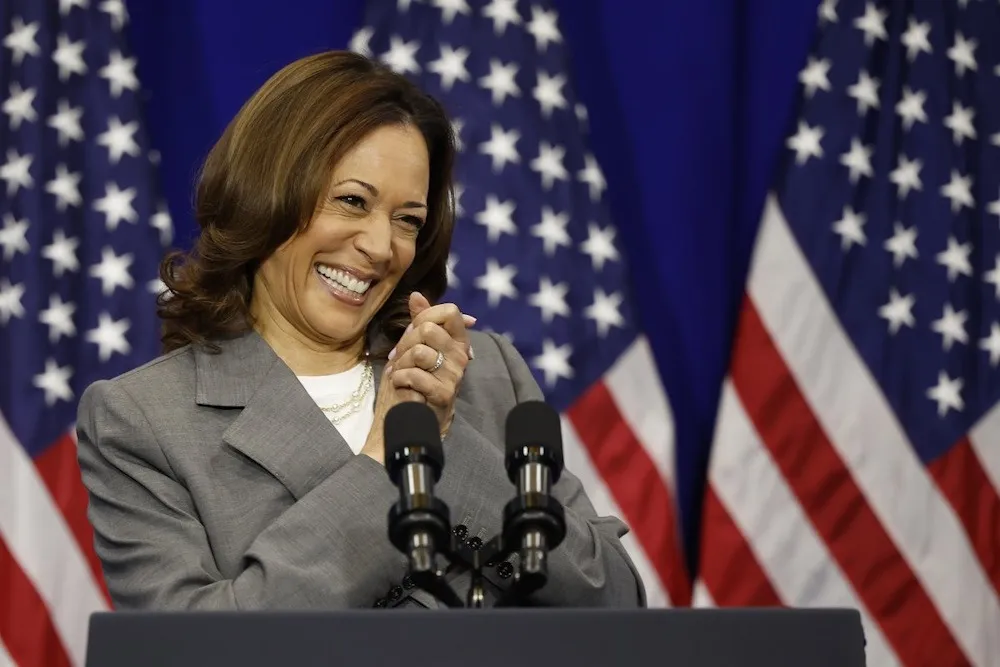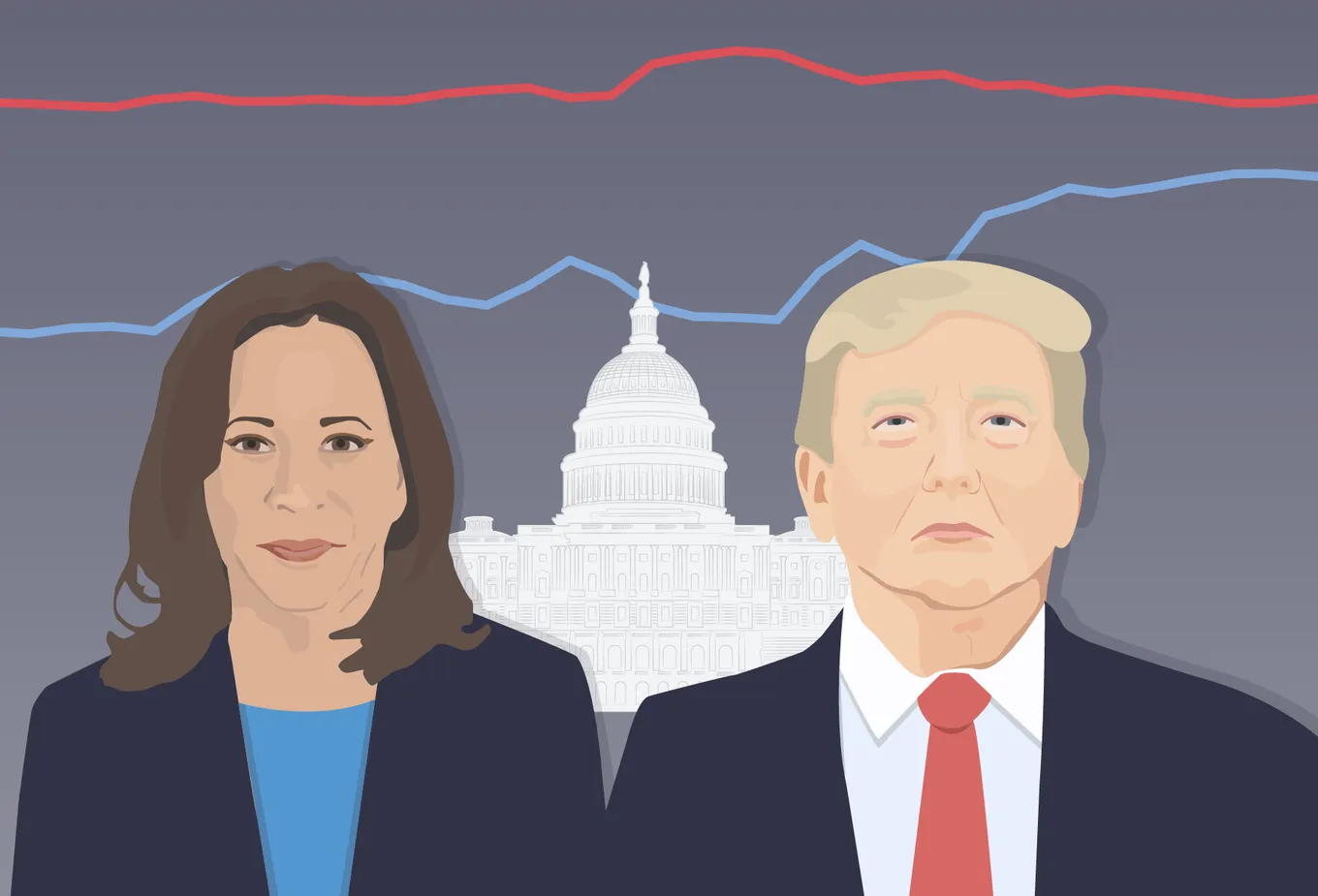
The Decisive Key: Will Trump or Harris Enter the White House?
In the upcoming U.S. presidential election, the most pressing concern for voters is the state of the economy. However, neither candidate from the Democratic nor Republican parties has yet to stand out. This week in North Carolina, former President Donald Trump is expected to criticize Vice President Kamala Harris for her role in the Biden administration’s economic policies. A few days later, Harris will take the stage in the same state, delivering her first policy speech of the campaign, which is anticipated to outline her strategy for curbing inflation.

These maneuvers come at a time when Americans have long felt the heavy weight of economic pressure. Moreover, the persistent issue of inequality, exacerbated by globalization, has been a challenge for every U.S. president in the 21st century.
Trump: Missing the Mark
Following President Joe Biden’s unexpected decision to step aside in favor of Kamala Harris, Republicans are trying to pin the blame for the so-called “failed” economic policies of the Biden administration on the Vice President. “Hardworking Americans are suffering due to the dangerous leftist policies of the Harris-Biden administration,” Trump’s campaign alleged in a statement about his upcoming appearance in North Carolina. “Prices are soaring, and the cost of living is skyrocketing.”
However, according to CNN, Republican activists are increasingly frustrated by Trump’s tendency to focus on personal grievances rather than addressing the economy, border security, and global challenges. This approach risks alienating suburban voters, who are critical in battleground states.
“You can’t win a race by arguing about rally attendance numbers and issues that are outside the concern of most Americans,” commented CNN political analyst Scott Jennings on August 13. Brad Todd, another Republican strategist, told CNN that “the key is for former President Donald Trump to stay on message when in front of the cameras. He needs to be concise and focus on what voters will face if Kamala Harris wins.”
During a two-hour conversation with billionaire Elon Musk on August 12, Trump briefly touched on inflation and energy security. However, it wasn’t long before he began showcasing his new design for the Air Force One jet and expressing awe at the audience’s size for their discussion.
Ms. Harris: Emphasis on sharing, mixed with a bit of populism
So far, Harris has only spoken in broad terms about economic issues. Yet, her three-week-long political “honeymoon” shows no signs of ending and might even extend into next week as the Democratic National Convention kicks off in Chicago. This event will serve as an opportunity for Democrats to bolster Harris’s image, aiming to attract middle-class American voters, particularly on economic matters.
Democrats are feeling optimistic, as some signs indicate that Harris’s emergence is beginning to mitigate the party’s perceived weaknesses on economic issues. A CNN poll released in early July showed that when Biden announced his withdrawal, the economy was the top concern for voters, with 51% believing Trump could improve it, compared to only 32% who trusted Biden. However, in a recent NPR/PBS NewsHour/Marist poll last week, Harris has significantly narrowed the gap, now trailing Trump by just 3 percentage points. Another poll by The New York Times/Siena College last weekend also showed that Harris has reduced the economic gap with Trump in key battleground states.

It’s crucial for Harris to act swiftly as Trump attempts to paint her as an “inept economic manager.” In response, the Vice President recently provoked Trump by promising to repeal the federal tax on tips to win over service workers’ votes in the battleground state of Nevada.
Harris’s rhetoric is also shifting, focusing more on expressing empathy for voters while incorporating a touch of populism.
“Although the economy is thriving in many respects, the prices of everyday items remain too high,” Harris stated in Phoenix last weekend. She pointed out that as California’s Attorney General, she had taken strong action against individuals and organizations involved in price gouging.

“When I become president, I will continue to act to lower prices. I will take on large corporations that engage in illegal price hikes and rental companies that raise rates unjustifiably. I will confront big pharmaceutical companies and impose price caps on prescription drugs,” she asserted.
“I say these things to make it clear that unlike Donald Trump, I will always prioritize the middle class and working families,” she concluded.



